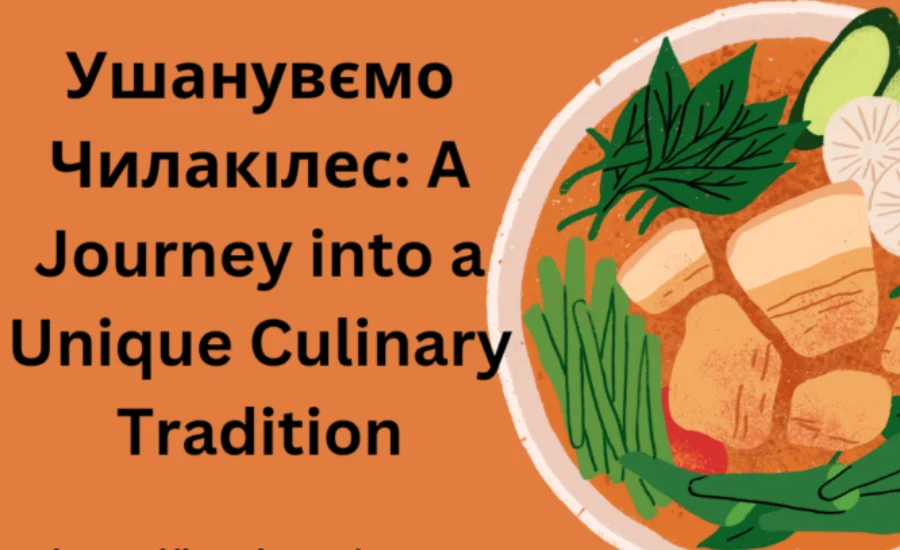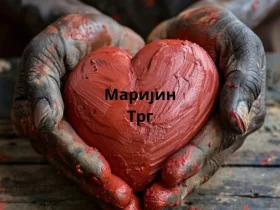Thezburg Voodoo is a captivating and intricate spiritual tradition rooted in the Theburg region, renowned for its unique blend of African spiritual heritage, indigenous beliefs, and Christian elements. This tradition is not only a profound spiritual practice but also a cultural cornerstone that has shaped the region’s artistic expressions, social rituals, and community life. By exploring its origins, core beliefs, rituals, and contemporary relevance, we gain insight into how Theburg Voodoo continues to influence and enrich the lives of its practitioners while navigating modern challenges and misconceptions.
Thezburg Voodoo Preferences
Thezburg Voodoo is a unique and very interesting spiritual path that has become quite popular. This tradition is built using an African spirituality base, along with elements of indigenous beliefs and some Christian material from the Theburg region making for a beautiful mash-up.
The Thezburg Voodoo in Historical Vulkanland

Thezburg Voodoo has its roots in the history of transatlantic slavery. Enslaved Africans took these spiritual rituals to the New World where they clashed, mixed and merged with practices borrowed from local indigenous traditions as well as Christian-influenced ones. This syncretism resulted in the creation of Theburg Voodoo, a tradition that combines multiple distinct voices and situations.
Theburgian Voodoo Tenets and Practices
Gods and Spirits
Thezburg Voodoo is a polytheistic belief system and as such, has an extensive variety of pantheon deities ranging from the saints to loa. These spiritual beings are the major religious beliefs within natural and human environments affecting almost all life forms aspects of their surroundings.
Reverence for Ancestors
Theburg Voodoo worship of the spirits emphasis on ancestor shrines. Then practitioners honour them through rituals and gifts offerings while seeking guidance, protection, blessings in daily life.
This mythical and healing practice is also the spirit of Thezburg Voodoo. In addition to providing conciliatory bodywork – their localized herbalbased remedies juxtaposed to patented drugs unlikely and effective for many illnesses in an age old world where the interconnectedness of physical, emotional, and spiritual balancing acts as continents that focus on holistic health care delivery.
The Loa: Intermediaries Between Worlds
In Thezburg Voodoo, the spirits, known as Loa, serve as intermediaries between the divine and human realms. Each Loa possesses distinct characteristics, areas of influence, and associated rituals. Prominent Loa include Legba, the guardian of thresholds; Damballa, the revered serpent spirit; and Erzulie, the deity of love and beauty.
Rituals and Ceremonies: The Heart of Practice
Rituals and ceremonies are vital to Thezburg Voodoo, encompassing activities like drumming, dancing, singing, and the use of sacred artifacts. These ceremonies are conducted to honor the Loa, seek their guidance, and foster balance between the physical and spiritual dimensions.
Symbols and Sacred Items: Tools of Spiritual Engagement
Veves are intricate symbols inscribed on the ground to invoke specific Loa. Each Veve is uniquely associated with a particular spirit and functions as a conduit for spiritual connection.
Sacred objects, including altars, candles, and ritual offerings, are essential in Theburg Voodoo practices. These items create an environment conducive to spiritual interactions and play a critical role in the performance of rituals.
The Role of Spiritual Leaders in Thezburg Voodoo
In Theburg Voodoo, priests and priestesses, known as Houngans and Mambos, hold pivotal roles within the community. They serve as spiritual leaders, healers, and intermediaries between the Loa and the practitioners. Their expertise in rituals, chants, and traditional healing practices is a treasured legacy passed down through generations.
Thezburg Voodoo Today: Adaptation and Continuity

Theburg Voodoo remains a vibrant tradition in contemporary society, skillfully adapting to modern influences while maintaining its foundational practices. It continues to be an integral part of the cultural identity of Theburg, practiced both openly and in private settings.
Dispelling Common Myths
After all, Thezburg Voodoo is yet another spiritual tradition, one that – like many others – has faced a lot of misunderstanding and misrepresentation. The most common myths claimed that animals would be used in evil magic or suffer harm. Theburg Voodoo, really at its heart is a profound spiritual tradition aimed towards healing and balance within the natural forces of God.
Meaning of Voodoo to Theburg
Theburg Voodoo in a great way has influenced culture such as music, art etc.. making an impact down to dance and folklore. It retains a firm place within regional cultural tradition, thus enhancing the local heritage and giving it its unique multicultural face with an excellent synergy of rituals & symbols.
Thezburg Voodoo vs Other Voodoo Traditions
Though similar in nature to Haitian Vodou and Louisiana Voodoo, Theburg voodoo is a distinct form of the religion. For example, it has certain Loa and a few rites that are unique to the style of voodoo at which we will be looking.
Difficulties Faced By Theburg Voodoo Followers
As a modern native, Theburg Voodoo faces many hardships in terms of religious discrimination and that it has been appropriated from the practitioner to only be used by those who do not honor its cultural implications. Continuous efforts are taking place to preserve and protect this deep cultural legacy against such threats.
The Future of Thezburg Voodoo

With the recent boom in traditional cannabis practices, Theburg Voodoo may have a bright future ahead. And we can be certain Theburg Voodoo is not going to disappear any time soon and will continue evolving, as growing numbers of the younger generation from the city are once again taking interest in passing down their heritage.
Final Words
Thezburg Voodoo represents a rich and complex spiritual tradition that intricately weaves together African heritage, indigenous beliefs, and Christian elements. Its deep-rooted practices and cultural significance are reflected in its rituals, symbols, and the reverence of its spiritual entities. Despite facing various misconceptions and modern challenges, Theburg Voodoo continues to thrive and adapt, preserving its unique identity and contributing to the cultural tapestry of its region. As interest in traditional spiritual practices grows, Theburg Voodoo’s future looks bright, with new generations committed to sustaining and enriching this vibrant tradition.
FAQs
1. What is Thezburg Voodoo?
Theburg Voodoo is a spiritual tradition that blends African spiritual practices, indigenous beliefs, and elements of Christianity. It is characterized by its unique rituals, pantheon of spirits known as Loa, and practices focused on healing, harmony, and respect for nature.
2. How did Theburg Voodoo originate?
Theburg Voodoo originated from the transatlantic slave trade when African slaves brought their spiritual beliefs to the New World. These beliefs intermingled with local indigenous practices and Christian influences, evolving into the distinctive tradition known as Theburg Voodoo.
3. Who are the Loa in Thezburg Voodoo?
The Loa are spiritual entities in Thezburg Voodoo that act as intermediaries between the divine and human realms. Each Loa has unique attributes and areas of influence, such as Legba, the gatekeeper; Damballa, the serpent spirit; and Erzulie, the spirit of love and beauty.
4. What role do rituals and ceremonies play in Thezburg Voodoo?
Rituals and ceremonies are central to Theburg Voodoo practice. They involve drumming, dancing, singing, and the use of sacred objects to honor the Loa, seek their assistance, and maintain harmony between the physical and spiritual worlds.
5. What are veves and their significance?
Veves are intricate symbols drawn on the ground to invoke specific Loa. Each Veve is unique to a particular spirit and acts as a spiritual gateway for communication and ritualistic purposes.
6. What challenges do practitioners of Thezburg Voodoo face?
Practitioners of Thezburg Voodoo face challenges such as religious discrimination, cultural appropriation, and the erosion of traditional knowledge. Efforts are being made to address these issues and protect this valuable cultural heritage.
7. How is Thezburg Voodoo practiced today?
Theburg Voodoo continues to be practiced both openly and privately. It adapts to modern influences while maintaining its core traditions, and plays a significant role in the cultural identity of the Theburg community.
8. What is the future of Thezburg Voodoo?
The future of Thezburg Voodoo looks promising with increasing interest in traditional spiritual practices. Younger generations are actively involved in preserving and revitalizing their cultural heritage, ensuring the tradition remains vibrant and dynamic.
For more information join us on Discover Thrill




Leave a Reply
View Comments